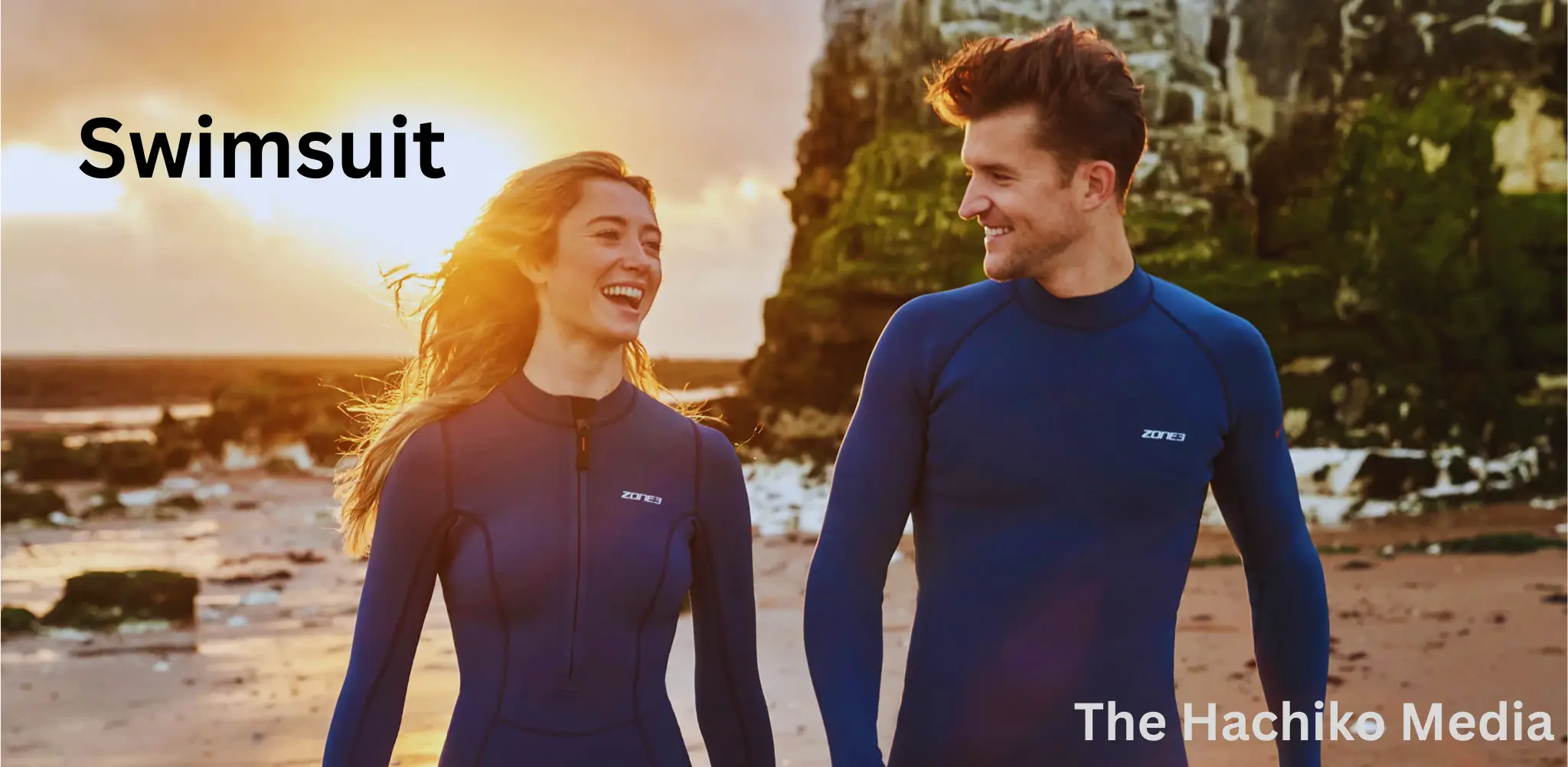You might be blissfully ignorant of the distinction between a swimsuit and a wetsuit if you are just starting out in swimming, water sports, and outdoor activities.
The most obvious method to distinguish between the two is that you have summer swimwear, such as bikinis and swimming shorts, and a wetsuit for surfing, diving, and other more strenuous water sports than swimming or paddling.
Wetsuits are usually made for outdoor activities in natural waterways like lakes, rivers, and the ocean. Conversely, swimwear is more appropriate for leisure activities like going to the pool or spending a laid-back day at the beach.
A Swimsuit: What Is It?
Every time you go swimming, you wear a swimsuit, which is a type of conventional swimwear.
Many people like swimsuits because they are less constricting and feel more natural, but wetsuits will offer you an advantage, so not wearing one provides you a more level playing field.
Additionally, wearing a swimsuit requires your body to adjust to the cold and to whatever conditions you are in.
Therefore, swimsuits are frequently utilized in water sports even though they are better suited for everyday swimming activities, beach days, and swimming in the neighborhood pool.
Swimsuits are becoming more and more popular than wetsuits for outdoor swimming and other water-based sports.
What Is A Wetsuit?
One type of swimwear called a wetsuit is designed to give you a more smoother profile in the water, which makes swimming much easier. It is made of a substance called neoprene and is categorized according to how thick your legs and torso are.
When swimming, wetsuits will provide a unique layer that reduces water friction and increases your speed.
Additionally, they provide an additional layer of defense between your skin and the water, making swimming in frigid waters seem safer. However, in addition to keeping you warmer in cold water, the additional layer will lessen the severity of any injuries you may sustain.
Differences
Because they provide chlorine resistance, swimsuits are perfect for swimming in artificial pools. Wetsuits, on the other hand, provide complete body coverage along with 50+ UPF sun protection.
Activity
Additionally, their activities vary. Swimsuits for various open water activities will vary.
Although wetsuits can be highly expensive, the warmth and buoyancy they provide make them a worthwhile investment. Your decision on this, however, will be determined by your personal preferences.
When selecting the perfect swimsuit, the weather will also play a significant role. In certain circumstances, wetsuits are required in waters that are colder than 18 degrees Celsius.
This regulation is typically in place to protect swimmers from exposure to excessively cold temperatures, as this might pose a health risk.
In order to keep your body warm, the perfect wetsuit will trap water between your skin and the suit. This acts as insulation between you and the suit.
Warmth
In relation to that, wearing a wetsuit will increase your body’s capacity to hold onto heat. Your body will warm your wetsuit when it absorbs water, keeping you warm at all times. As a result, you will not be exposed to extremely low temperatures.
This is not the case with swimwear.
Because wetsuits come in a variety of thicknesses, a thin wetsuit is perfect for warm climates, while thicker wetsuits are available in colder climates to keep you comfortable in even frigid waters.
Buoyancy
Let us finally talk about buoyancy, which is crucial in water.
Swimming will feel quite natural with a wetsuit since it offers your body a more streamlined shape. Wetsuits can provide a sort of safety net for novice swimmers.
Even the finest swimmers may struggle in open seas when wearing wetsuits because they can become overly buoyant and leave their chest over the water.
They may have strain when swimming as a result.
It is important to keep your posture streamlined behind your head when wearing a swimsuit.
When you kick, you should raise your hips and relax your muscles if you feel strain on them. You should be able to drop your body in the water and kick lightly.













